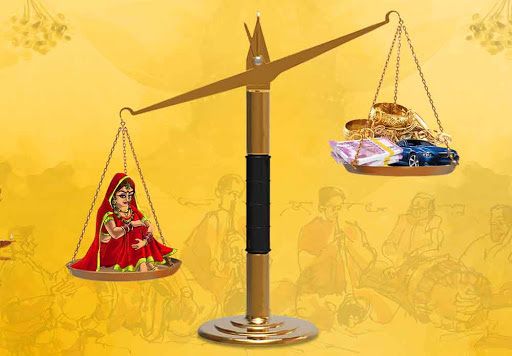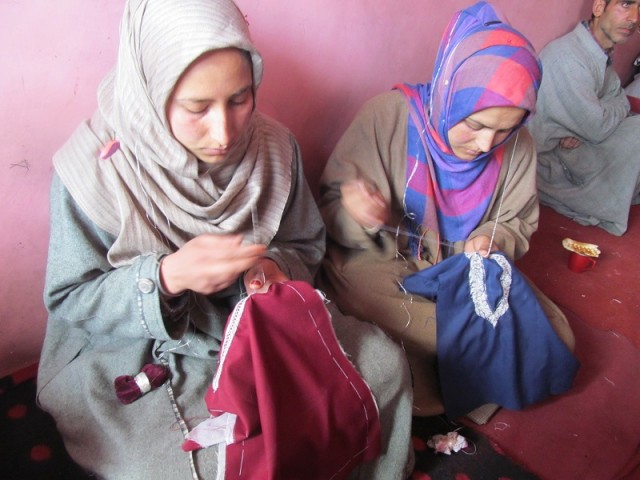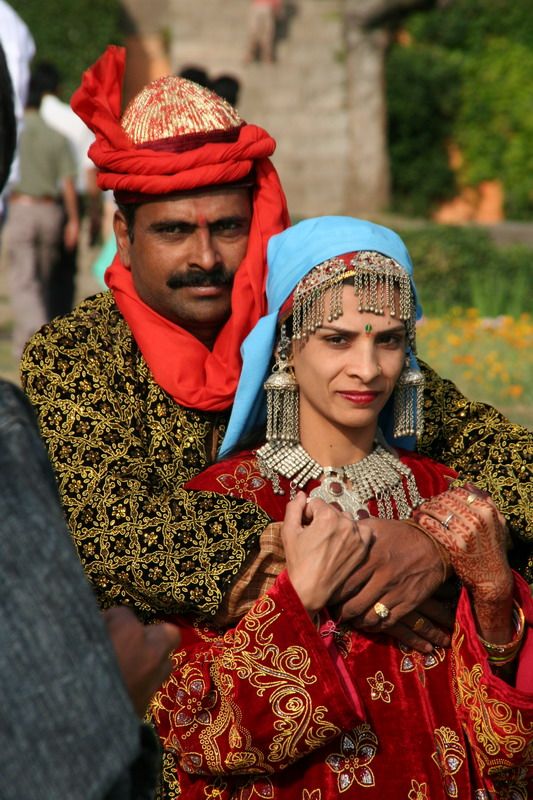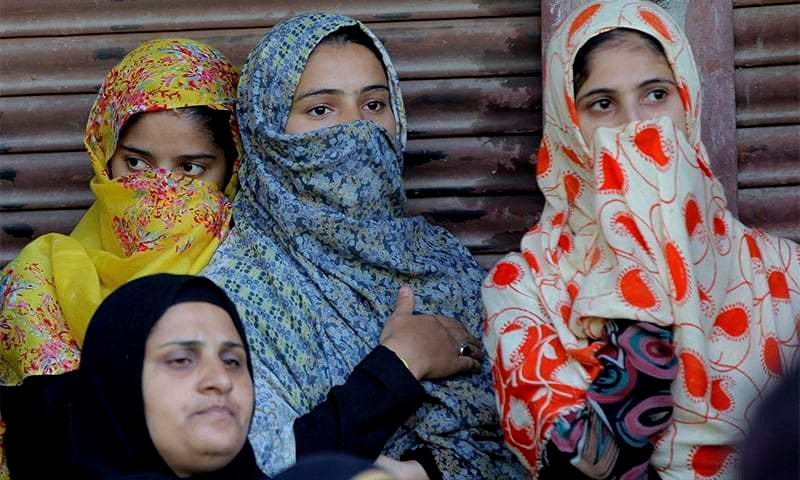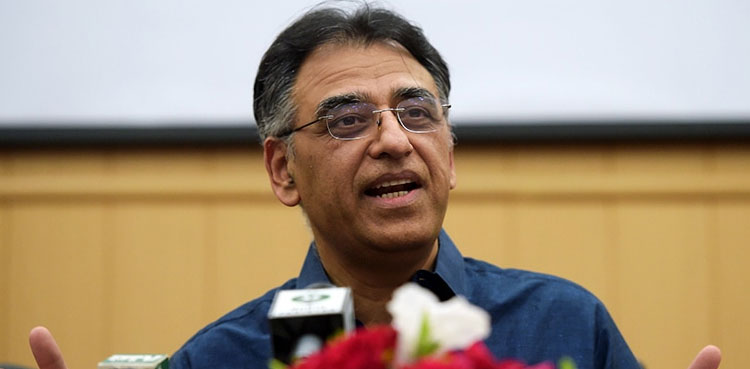The problem of an increased number of unmarried women in Indian Occupied Kashmir is intensifying. At present, about 50,000 women in the Valley have crossed the marriageable ages but are unable to get married due to various reasons. Out of these, more than 10,000 women belong to the Srinagar district alone. The main reasons for these delayed marriages include poverty, demands for dowry, desire for higher education and better jobs, and class divisions, while the participation and martyrdoms of a large number of young boys in the ongoing freedom struggle against Indian forces are also considered a major reason.
A recent survey conducted by the non-profit organization Tehreek-e-Falah-e-Muslimeen for knowing about the causes of this social dilemma in the Valley, which is plagued by illegal Indian occupation, violence, and serious human rights violations; found that lack of financial resources and demands for dowry from the families of the bridegrooms are the main reasons for late marriages. While the search for rich families for marriages and the tendency of competition in the society in this regard are also among the major reasons, the survey said.
Abdul Rashid Naik, co-founder of the Tehreek-e-Falah-e-Muslimeen, says the tragedy is that most boys prefer educated and employed women, reducing opportunities for uneducated women. According to Naik, in 2016, his organization tried to reach out to women whose marriages had stalled due to financial difficulties, but in the process found out that the reasons for the late marriages were far greater. The organization was searching for only 100 such women, but the survey found that there are thousands of women whose marriages have stalled due to lack of financial resources or other new social trends.
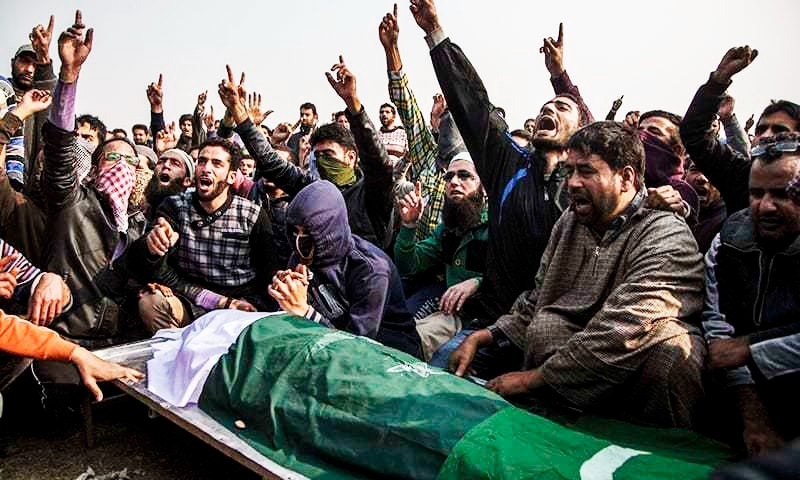
“There can be many reasons for late marriages, but I think the biggest one is the desire for higher education and government jobs. Boys and girls spend a lot of time completing their education and then looking for a job and after that, they prefer to get married only when they are financially stable,” Muhammad Sadiq, a marriage broker in Srinagar, Indian Occupied Kashmir, told the Press Report over phone.
“Then, they want an equal partner for themselves both academically and professionally, and so it takes more time. Apart from this, various expensive rituals and dowry demands are also big issues. In brokering marriages, we are often so close to an agreement when the issue of dowry comes up and the matter remains incomplete,” he added.
According to Sadiq, demand for expensive dowry has increased over the last two decades, before it was not a major problem in the area.
Experts say the problem is getting worse over time. In society, government jobs are given more priority, which often takes 35 years to achieve, and even after getting a job at this age, young people still prefer financial stability before getting married.
But for some time now, it has been said that the freedom struggle against the occupying Indian forces is also a major reason for this phenomenon. A large number of youth is involved in the freedom movement and they do not have enough time for domestic affairs. On the other hand, thousands of young people have been martyred in the struggle so far (some rights groups put the number at one lakh). Thus the number of boys compared to girls for marriage is gradually decreasing.
The Press Report put this question to Altaf Wani, chairman of the Kashmir Institute of International Relations, who is running an international campaign for Kashmir cause and raising his voice for the Kashmiris’ rights around the world. He said “As you rightly pointed out, Kashmir lost a generation due to ongoing freedom struggle, but this is not the only reason. If I trace the history of late marriages in Kashmir it has been there before the current freedom struggle, especially in Srinagar city and some towns, though in rural areas it is a new phenomenon.”
Altaf Wani said that the main reasons behind late marriages were class discrimination, caste system, financial and social status, job security and dowry etc. In addition, the customs and traditions adopted by the rich people in the valley have greatly affected the poor. The dowry system spread from cities to towns and then to villages. While girls’ education also contributed to this dilemma. Now it is difficult for women to find a perfect match after completing their education.
Likewise, one of the gravest causes is caste and family system. Many castes and families do not want to go for outside marriages and this has rendered a lot of girls unmarried, Wani added.
Huma Kirmani is a social worker and women’s rights activist. She analyzed the issue in a slightly different way and told the Press Report that Kashmir is burning in the fire of oppression and barbarism where long lockdowns and brutal actions of Indian forces have taken away the peace of mind of the people. Job opportunities are scarce, leading to delays in young people’s marriages. Kashmir is a constant victim of war crimes and at the same time it is suffering from the negative effects of modernity, materialism and cultural diffusions which are giving rise to various social problems.
Kirmani also believes that dowry, poverty, unemployment and the practice of extravagant weddings are major obstacles.
Experts believe that late marriages have serious social and psychological effects. When the Press Report raised the issue with Sadia Ashraf, a psychologist and a member of groups working for women in shelters and needy children, she said that emotional problems are most common issues experienced by women in such cases, like depressive symptoms which can evolve towards psychotic depression. Such women suffer with the loss of interest in daily activities, hopelessness, low self-esteem, self-criticism, trouble concentrating and trouble making decisions, lack of effectiveness and productivity, avoidance of social activities, feelings of guilt, regret over the past and worries about the future, insomnia.
She added that in such women general psychological stress could affect the quality of self-confidence, causes mental fatigue, physical exhaustion and insufficiency. The emergence of these problems in this way, not only because of unmarried shock, but is primarily due to accumulation of attitudes frustrating for years. The accumulation of these disturbing events in addition to the resulting consequences of it, leading after a period of time to establish psychosomatic problems.
Unmarried women that have been previously shocking incidents, are more vulnerable to emotional and psychosomatic disorders at the same time. In unmarried women stress level rises because of occupational stress and guilt complex. This situation makes them feel unstable and disrupts the identity level. Moreover, their psychic experiences are mix of anxiety, tension and fear of the future, Sadia Ashraf adds.
Being in a conservative society, women with this problem have a hard time getting ready to talk about it.
“I am about 42 years old,” Sakina (pseudonym) said in a telephone call from Srinagar on condition of anonymity. “In the beginning, I rejected many proposals in anticipation of a better one; I never thought that everything would change so soon. My father died seven years ago and now I live alone with my elderly mother who is often ill. I have a private job which barely covers the house expenses and mother’s medicine. My only support at the moment is my mother, I often wonder what I will do if something happens to her? God forbid.”
These problems apart, I also have many doubts and worries in mind about the future. I am in a complete state of anxiety. Sometimes I think that I might made wrong decisions in the past or it was my destiny,” the anxious Sakina said.
According to Sadia Ashraf, being an unmarried woman in our society is a painful experience of life and the lives of such women are completely changed. Their dignity and respect in society diminishes. But, the use of counseling for unmarried women will increase their self-confidence selecting a new meaning to their life, creating new vision to their existence that’s why they became more and more committed to their different responsibilities, catharsis in spontaneous manner, correcting a lot of misconceptions by refuting them with correct and more rational ideas, forming a positive concept of self, with the ability to adapt and compatibility with personal, environmental and social demands.
Thus they will discover that the problem is not in its presence, but also in how to confront it.






































